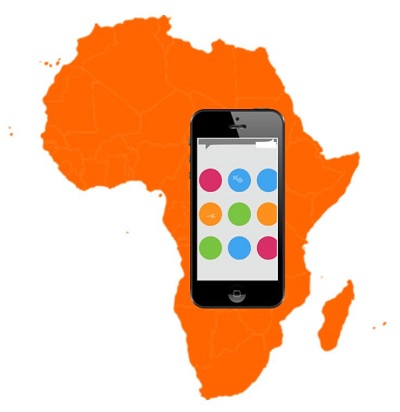The results of a recent survey have shown that even among those that do, they don’t develop many.
A recent survey conducted by a Progress company called Telerik has revealed that the majority of developers haven’t actually developed mobile apps, and among those who do, they usually produce only about one per year.
Among the issues standing in the way of these mobile app developers are UX and process constraints.
Over the last few years, there has been a common mindset that has caused people to believe that the only way ahead is through mobile apps. Another belief is that pretty much every person working in IT is desperately scrambling from the world of PC or traditional server applications in order to step into mobile applications. People seem to think that, unlike PC software, apps for smartphones and tablets can be slapped together in a matter of moments and can be issued as fast as the developer wants. However, the truth of the matter is quite unlike the common belief.
The survey asked 3,000 IT professionals about whether or not they have ever developed mobile apps.
 The pros that do end up creating mobile applications are continually facing struggles such as delays from limited resource, stagnating progress, and even the ever changing and fad-focused demands of the market. The user experience (UX) has also become quite the issue, despite the fact that it is greatly misunderstood, and has become one of the primary struggles that are faced by developers.
The pros that do end up creating mobile applications are continually facing struggles such as delays from limited resource, stagnating progress, and even the ever changing and fad-focused demands of the market. The user experience (UX) has also become quite the issue, despite the fact that it is greatly misunderstood, and has become one of the primary struggles that are faced by developers.
The Telerik survey showed that 57 percent of all IT professionals have never taken part in the creation of a mobile app. This indicates that despite the fact that the common perception is that virtually all developers are running toward the mobile environment, that ecosystem remains one that is quite specialized.
From among the 43 percent of software developers who have actually taken a focus toward mobile apps, the average output of functional applications in a given year is one. Some of them reported that they hadn’t created any in quite some time. Progress – or the lack thereof – is one of the largest barriers to the ability of developers to create new applications, followed by ever changing tech and practices, a lack of time or tools, and limitations to the budget.


